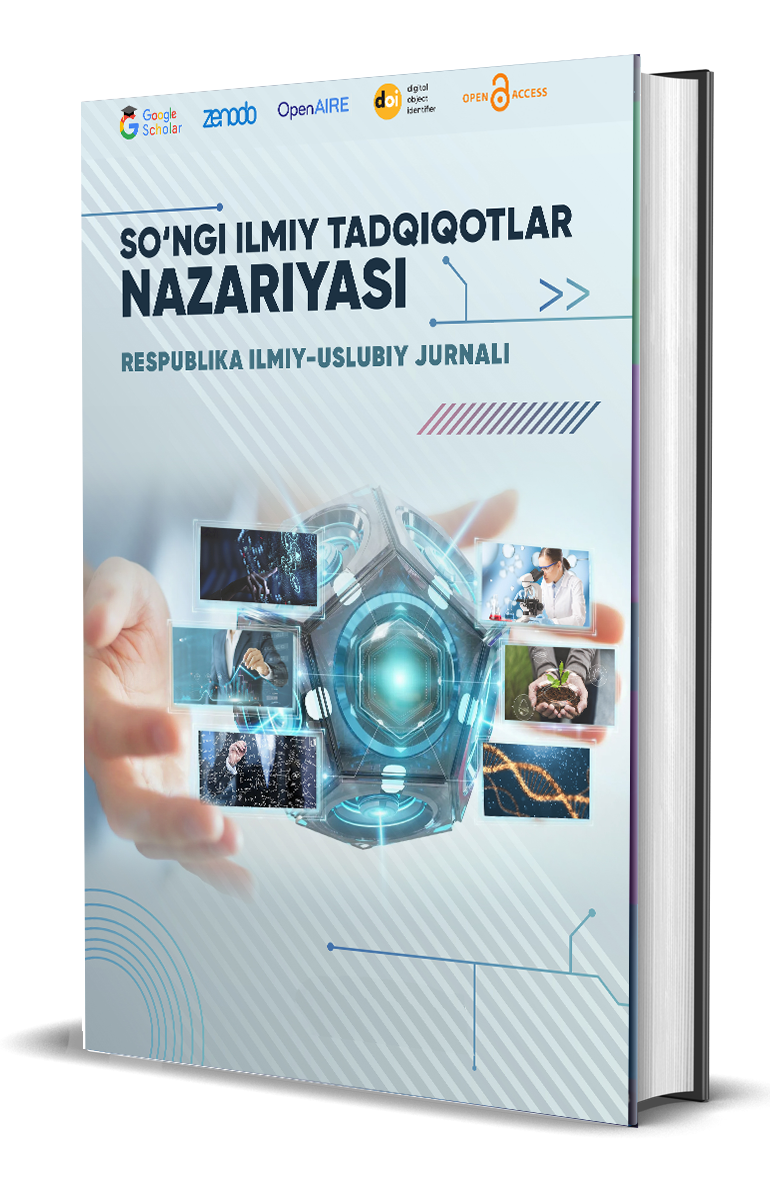CREATION OF ENCYCLOPEDIC, ETYMOLOGICAL, SPELLING, AND EXPLANATORY DICTIONARIES
Keywords:
etymological, encyclopedic, explanatory, spelling dictionaries, interdisciplinary coverage, word origins, semantic drift, spelling variants, polysemy, non-native learners, corpus analysis, interdisciplinary collaboration, orthography, language consistency.Abstract
This article provides a comprehensive overview of the creation of encyclopedic, etymological, spelling, and explanatory dictionaries which represents a monumental effort to systematize and disseminate knowledge about language and the world. Encyclopedic dictionaries blend dictionary-style definitions with detailed articles on topics, people, and events, serving as comprehensive repositories of interdisciplinary knowledge. These works often incorporate visuals, cross-references, and updates to remain relevant, highlighting their educational and cultural importance. Etymological dictionaries focus on the historical origins and evolution of words, tracing their linguistic and cultural transformations over time.
Challenges include reconstructing proto-languages and tracking semantic shifts, but they provide profound insights into language interconnectivity and human communication. Spelling dictionaries prioritize orthographic accuracy, ensuring consistency across regional and dialectal variations. With their practical applications in literacy, education, and professional writing, these dictionaries are indispensable for standardizing written language. Explanatory dictionaries aim to define words concisely, capturing their meanings, usages, and grammatical nuances. These tools are critical for language learners and general users, as they bridge the gap between linguistic knowledge and practical application. Across all types, the evolution of digital lexicography has enhanced accessibility and usability, integrating features like multimedia content, AI-assisted updates, and interactive tools. Collectively, these dictionaries preserve linguistic heritage, foster global communication, and adapt to the dynamic nature of language and knowledge.
References
1. Morkovkin, V. V. (2020). "Theoretical and Practical Lexicography." European Journal of Research Development and Sustainability.
2. Seitlin, R. M. (1990). "Lexicography as a Field of Study." Russian Language Encyclopedia.
3. Landau, S. I. (2001). Dictionaries: The Art and Craft of Lexicography. Cambridge University Press.
4. Cowie, Anthony Paul.The Oxford History of English Lexicography. Volume 1, Oxford University Press, 2009.
5. Crystal, D. (2003). The Cambridge Encyclopedia of the English Language. Cambridge University Press.
6. Mugglestone, L. (2011). Dictionaries: A very short introduction. Oxford University Press.
7. Jackson, H. (Ed.). (2020). Historical dictionaries: History and development; Current issues. Oxford Academic.
8. Ortiqova Durdona Nafiddin qizi, Pirmurodova Ruxsora Matyoqubovna, & Abduraxmanova Zilola Yoqubjon qizi. (2023). SPECIFIC FEATURES OF SOME TIPS AND STRATEGIES OF IELTS READING. JOURNAL OF INNOVATIONS IN SCIENTIFIC AND EDUCATIONAL RESEARCH, 6(4), 383–387. https://doi.org/10.5281/zenodo.7882955
9. Teshaboyeva Nafisa Zubaydulla qizi, & Pirmurodova Ruxsora Matyoqubovna. (2024). COMPARISON OF EDUCATION SYSTEM OF FINLAND AND UZBEKISTAN. INTERNATIONAL CONFERENCE ON MODERN DEVELOPMENT OF PEDAGOGY AND LINGUISTICS, 1(4), 31–36. https://doi.org/10.5281/zenodo.11096047
10. ANCIENT CITIES OF THE REPUBLIC OF UZBEKISTAN: BUKHARA, KHIVA, TASHKENT, SAMARKAND AND SHAKHRISABZ. (2024). Yangi O’zbekistonda Tabiiy Va Ijtimoiy-Gumanitar Fanlar Respublika Ilmiy Amaliy Konferensiyasi, 2(4), 140-145. https://universalpublishings.com/index.php/gumanitar/article/view/5254
11. ECONOMIC DEVELOPMENT. DEVELOPMENT STRATEGIES OF THE REPUBLIC OF UZBEKISTAN. (2024). Yangi O’zbekistonda Tabiiy Va Ijtimoiy-Gumanitar Fanlar Respublika Ilmiy Amaliy Konferensiyasi, 2(4), 134-139. https://universalpublishings.com/index.php/gumanitar/article/view/5253
12. Pirmurodova Ruxsora Matyoqubovna, & Xoldorova Hulkaroy Muzaffar kizi. (2024). SPECIFIC FEATURES OF ENGLISH COMPOUNDS. Новости образования: исследование в XXI веке, 2(17), 515–518. извлечено от http://nauchniyimpuls.ru/index.php/noiv/article/view/14123

